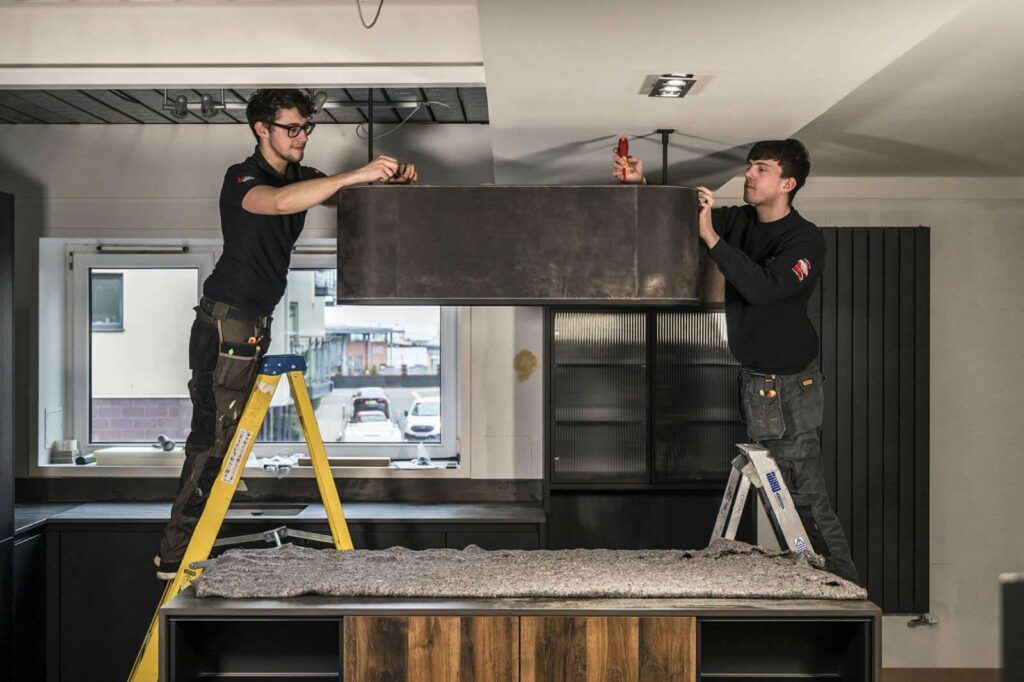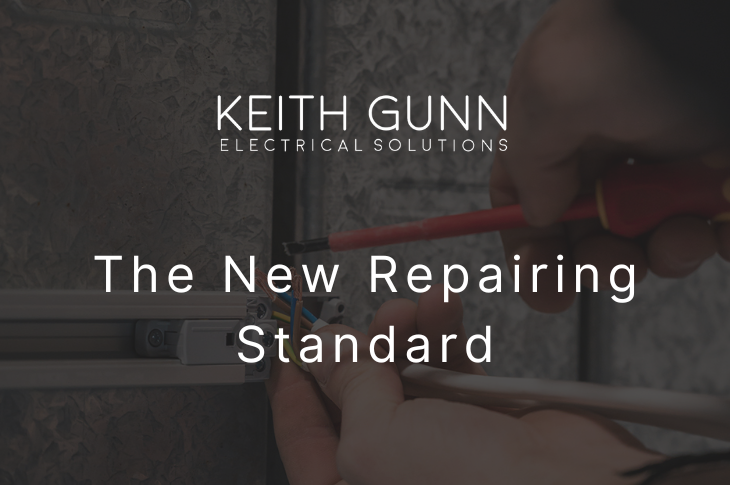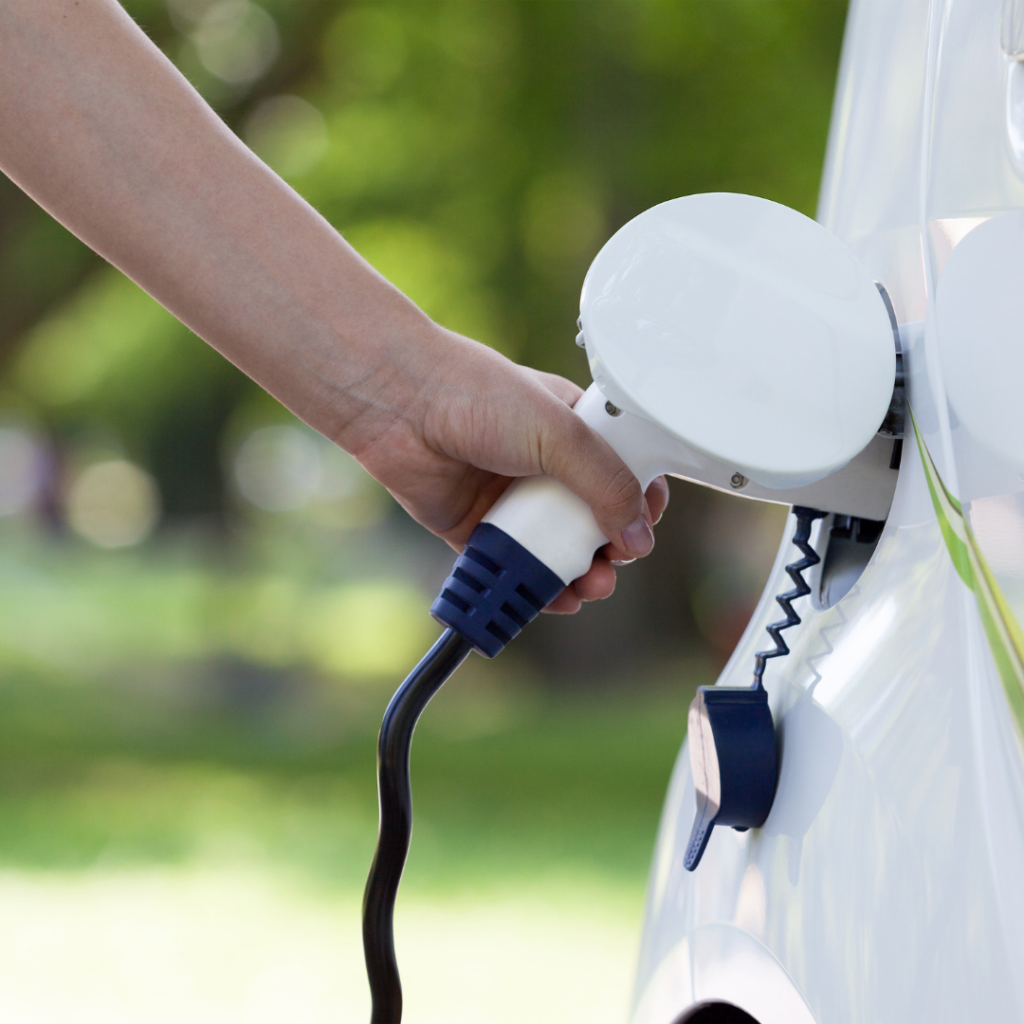Great Ways To Save and Conserve Energy In Your Home


From putting a lid on a pot to switching to a lower washing machine setting, you can significantly bring down your annual bills and reduce your carbon footprint at the same time.
Here are 20 ways you can save and conserve energy in your home, broken up into various areas.
Saving energy in your kitchen
- If you’re boiling water, use a kettle or put a lid on the pot; the water will come to the boil sooner and use less energy; win win.
- If you’re boiling an egg, turn the heat off early and let the egg finish cooking in the residual heat.
- Don’t place your fridge or freezer near a heat source (such as your cooker) or in direct sunlight.
- Don’t let your fridge use too much energy by keeping it colder than it needs to be.
- Defrost your fridge and freezer regularly. The more ice builds up, the harder they have to work and the more energy they use. Even if they’re supposed to defrost automatically, keep an eye on them to make sure the automatic function is still working.
- An outdoor clothesline is the most energy-saving way to dry clothes – and a great example of how to conserve energy resources. If it’s raining, using an indoor airer is better than a tumble dryer.
Saving energy in the rest of your home
- One of the best ways of conserving energy is to turn down the thermostat on your heating. Even turning it down by just one degree can save between £85 and £90 a year. If you feel a bit chilly, grab a blanket.
- Take showers rather than baths. According to the Energy Saving Trust, if everyone in a family of four replaced one bath a week with a five-minute shower, they’d save up to £20 a year on gas bills.
- Don’t spend hours in the shower. Just one minute less under the shower each day could shave £10 a year off your bills.
- Keep curtains and blinds open during the day to let the warmth of the sunshine into your home. Close them at night to keep the heat in and the cold out.
- Bleed your radiators regularly – it will help to keep them working more efficiently.
- Consider rewiring your home. If your home is at least 10-20 years old, then there’s a good chance the wiring is a little outdated, meaning it’s not designed to handle several appliances running at once constantly, which means there’s a danger of overloading and inefficiency.
Saving energy, making choices
- Switch to new, energy-efficient light bulbs: Compact Fluorescent Lamps (CFLs) or Light Emitting Diodes (LEDs). According to the Energy Saving Trust, replacing a traditional light bulb with a CFL of the same brightness will save you about £3 per year, or £50 over the lifetime of the bulb. If you do need to use traditional incandescent bulbs, make sure you buy the lowest wattage possible.
- Use a low-energy inkjet printer rather than an energy-guzzling laser printer.
- Still using a full-size computer? Swap it for a laptop or ultrabook.
- If you’ve got a microwave or a slow cooker (or both), use them rather than a conventional oven whenever possible. A microwave uses about half as much energy as a normal oven, and a slow cooker can be up to 75% more efficient.
Does saving energy always mean using less?
Not necessarily – conserving energy is usually all about cutting down – but sometimes it’s all about filling up.
- It’s better to keep your fridge full, as it will use less energy when it’s well-stocked. However, that doesn’t mean you should buy more food than you need and waste it – it’s better to buy only what you’re likely to use, and fill up space by stacking the fridge shelves with bowls of water.
- Only start your dishwasher when it’s full. A half load uses just as much electricity and hot water as a full load, so waiting until it’s full means you’ll do fewer washes.
- The same methods of energy conservation apply to washing machines, unless they have an economy function that only works with half loads.
- If you have a washer/dryer, or a tumble dryer, put a dry towel in with each load of clothes if there’s room. It will absorb the dampness and dry the clothes faster.
Are you ready to make the switch?
Converting to LED (Light Emitting Diodes) offers a wide range of benefits and if you haven’t considered LED Lighting, then you should. At Keith Gunn Electrical Solutions, we consider ourselves to be the lighting design and installation experts in Edinburgh. So we are the best placed electricians to offer you the guidance and peace of mind you need to convert your domestic or commercial lighting to LED.
We can also help with many other electrical services, such as rewiring and installations. Contact our team for a free chat.
In Other News

The New Repairing Standards

As a landlord, navigating the legal landscape of property management can be exhausting. However, it's crucial for ensuring the safety of tenants as well as ensuring you’re in compliance with the law.With the New Repairing Standards set to take effect in March, many of the regulations you're familiar with are about to change.So, we'd like to highlight the core responsibilities that the New Repairing Standards focus on, helping you to identify areas within your properties that may no longer meet these guidelines, as well as electrical faults to look out for.
Read More
Making the Switch to Electric Vehicles Easy with Keith Gunn Electrical Solutions

Embracing the Green Revolution with EV Charging Points The world of motor transport is undergoing a remarkable transformation. Electric cars once considered a futuristic concept, have now become a reality for many. As of the end of June 2023, there are over 810,000 fully electric cars on UK roads, an astounding jump from the 265, […]
Read More
An Electrician You Can Trust

Managing multiple premises isn’t a part-time job. When things go wrong, you need to know that there are reliable electricians that you can rely on.
Read More
